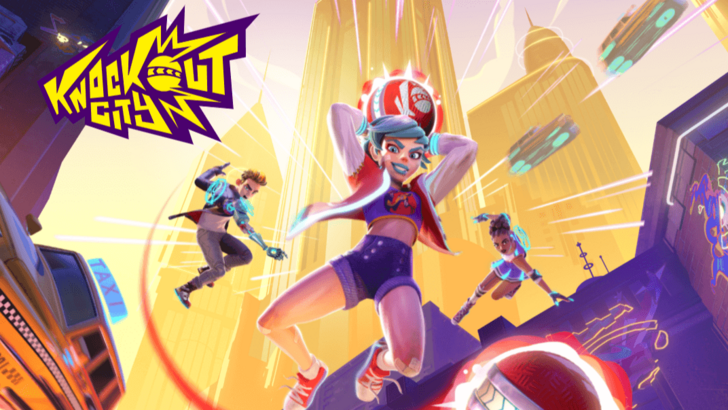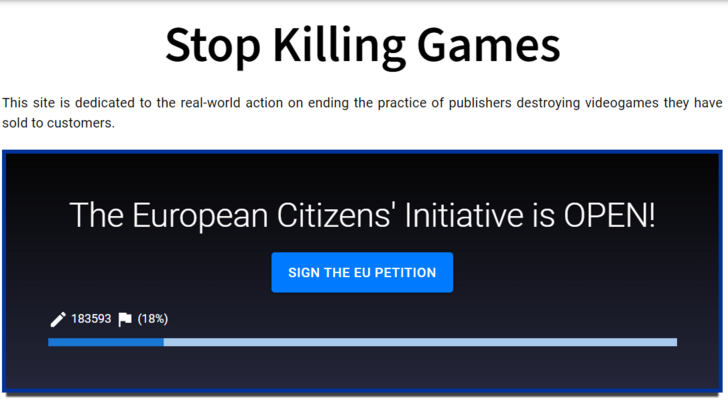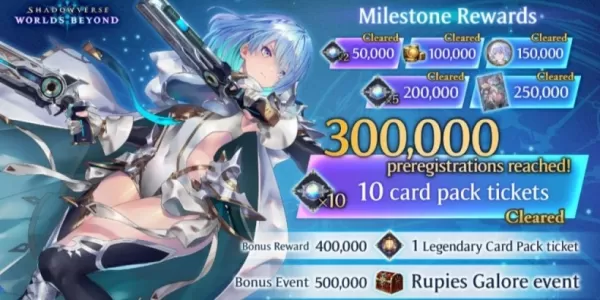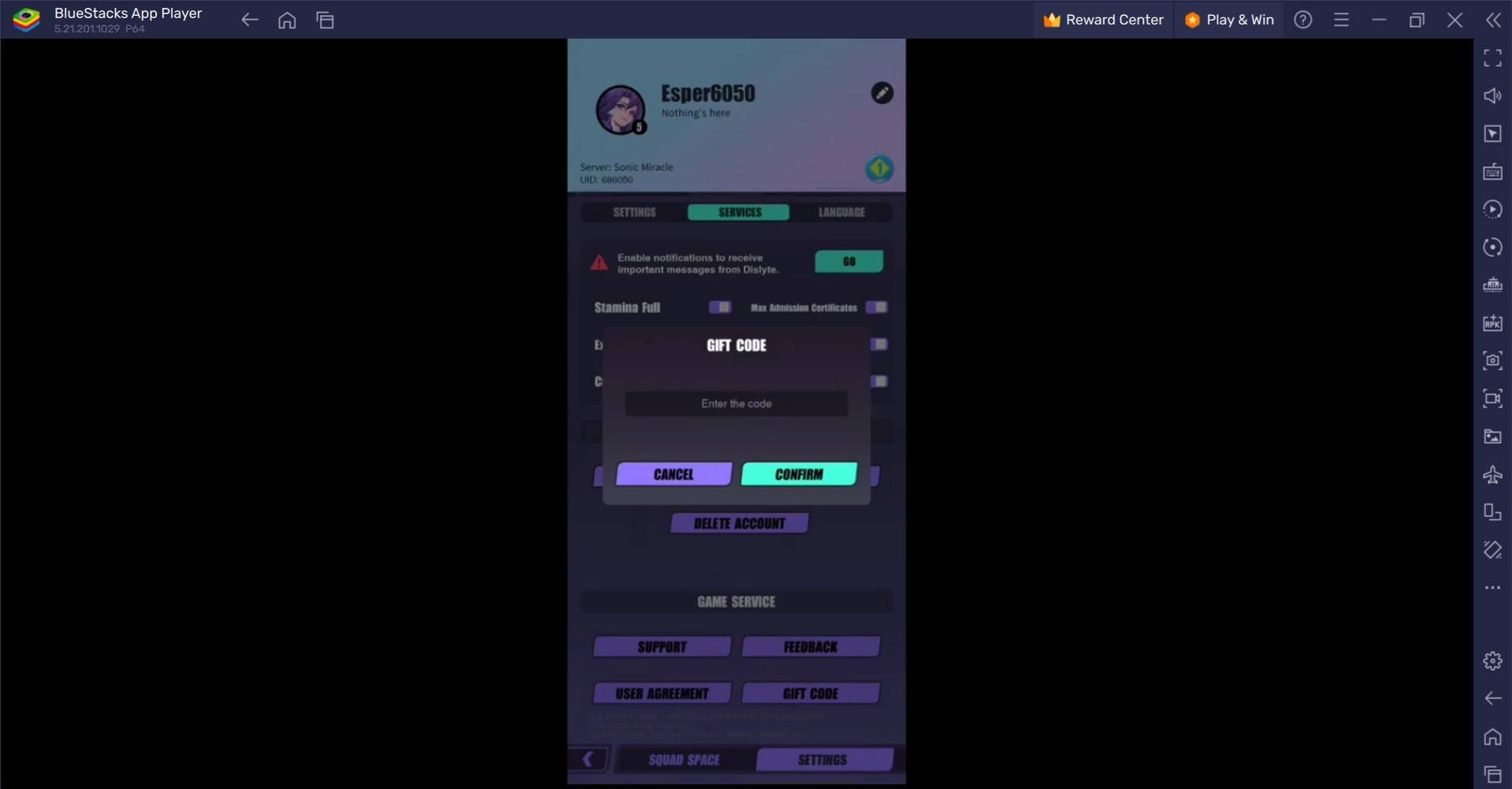 Ubisoft's abrupt closure of The Crew ignited a European-wide petition demanding legal protection for digital game purchases. This article explores the petition's goals and its fight to preserve players' investments.
Ubisoft's abrupt closure of The Crew ignited a European-wide petition demanding legal protection for digital game purchases. This article explores the petition's goals and its fight to preserve players' investments.
European Gamers Unite to Save Online Games
One Million Signatures Needed for EU Law Proposal: "Stop Killing Games"
A significant movement is underway in Europe to safeguard digital game ownership. The "Stop Killing Games" citizen's initiative seeks EU legislation preventing publishers from making games unplayable after ending support.
Campaign organizer Ross Scott is confident of success, citing alignment with existing consumer protection policies. While the proposed law's scope is limited to Europe, Scott hopes its success in this major market will inspire global change, through either further legislation or industry self-regulation.
The challenge is substantial. The campaign must gather one million signatures across various European nations within one year to trigger the EU legislative process. Eligibility is simple: European citizens of voting age (age varies by country).
Launched in early August, the petition already boasts over 183,593 signatures. The ambitious goal remains a significant undertaking, but the campaign has a year to achieve it.
Holding Publishers Accountable for Server Shutdowns
 Ubisoft's decision to shut down The Crew's servers in March 2024, effectively rendering 12 million players' purchases obsolete, is the catalyst for this movement.
Ubisoft's decision to shut down The Crew's servers in March 2024, effectively rendering 12 million players' purchases obsolete, is the catalyst for this movement.
The loss of access to online-only games represents a significant loss of time and money for players. Even in the first half of 2024, games like SYNCED and NEXON's Warhaven have already faced similar fates.
Scott describes this practice as "planned obsolescence," highlighting the publishers' retention of players' money while destroying the games themselves. He draws a parallel to the silent film era's loss of films due to silver recovery practices.
The initiative's key demand is simple: maintain game functionality at the time of server shutdown. The proposed law would mandate that publishers "leave said videogames in a functional (playable) state," leaving the specific implementation details to the publishers.
 Free-to-play games with microtransactions are also included. Scott explains that the loss of access to purchased microtransactions constitutes a loss of goods.
Free-to-play games with microtransactions are also included. Scott explains that the loss of access to purchased microtransactions constitutes a loss of goods.
The success of Knockout City's transition to a free-to-play model with private server support demonstrates the feasibility of such solutions. All items and cosmetics are now free, and players can host their own servers.
However, the initiative explicitly does not demand: relinquishing intellectual property rights; releasing source code; guaranteeing perpetual support; mandatory server hosting; or assuming liability for player actions.
 To support the "Stop Killing Games" campaign, sign the petition on their website (note: one signature per person). Country-specific instructions are provided to avoid invalid signatures.
To support the "Stop Killing Games" campaign, sign the petition on their website (note: one signature per person). Country-specific instructions are provided to avoid invalid signatures.
Even non-European residents can help by spreading awareness of the initiative, aiming to create a broader industry-wide impact to prevent future game closures.
 Home
Home  Navigation
Navigation






 Latest Articles
Latest Articles









 Latest Games
Latest Games












